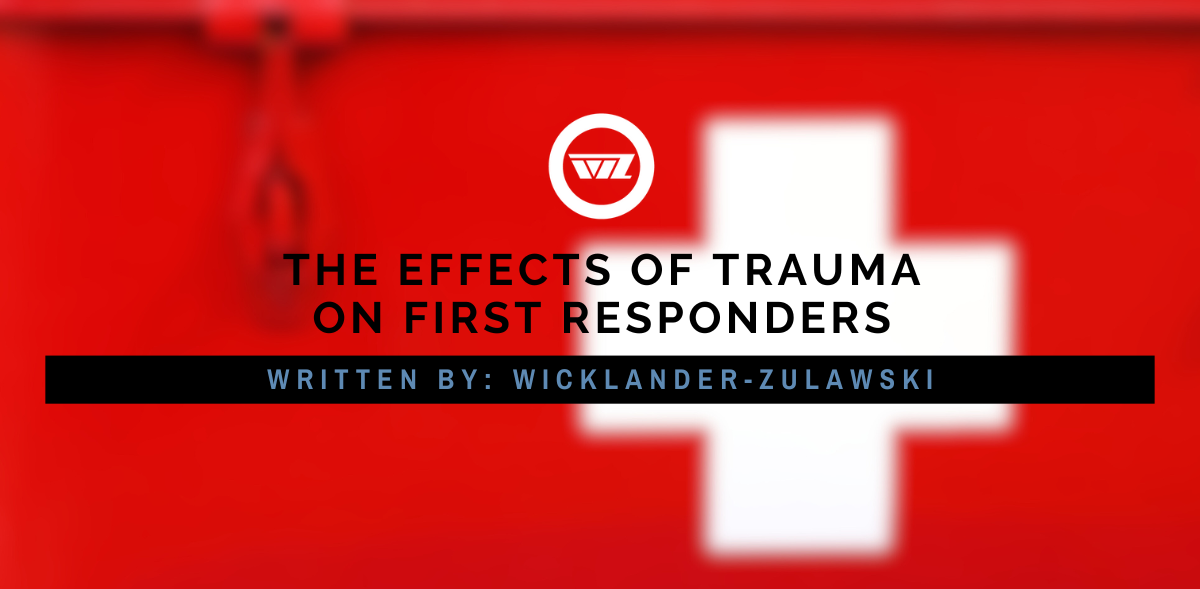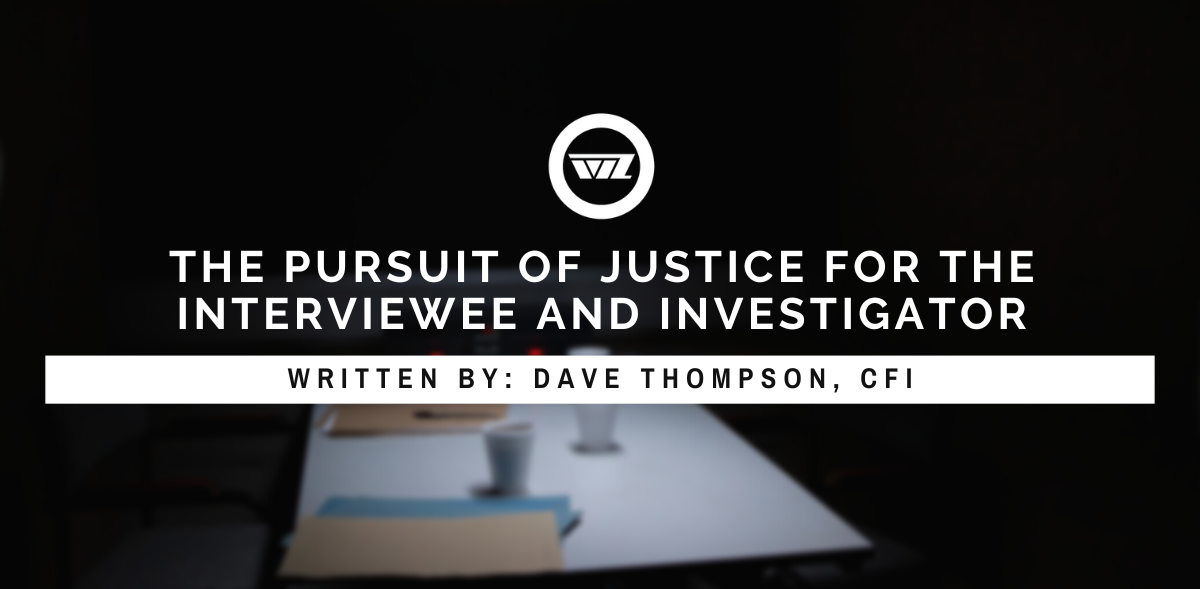Reflecting on our own mistakes, conduct or poor decisions can be disheartening, embarrassing, and demoralizing. These can be specifically troubling when the results of these choices impacted another person, potentially with life-changing implications. However, these reflections often yield perspective, create awareness, and drive the possibility to impact change for the future. It is with the courage and integrity to assess our past that provides an opportunity to better the future.
This is exactly the theme that was undertaken by the Kings County Conviction Review Unit (CRU), led by District Attorney Eric Gonzalez. The responsibility of the CRU is to provide a thorough review of cases in which credible claims of innocence are made. Additionally, as they review cases, the CRU can provide suggested changes and learnings from their findings to impact the criminal justice system, including legislative changes and policy adaptations. On July 9, 2020, the Kings County District Attorney’s office published a remarkable report outlining their reflections on 20 cases that led to 25 exonerations of wrongly convicted people. The CRU, in partnership with the Innocence Project and the law firm of WilmerHale co-authored this report, “426 Years: An Examination of 25 Wrongful Convictions in Brooklyn, New York”.
As a Certified Forensic Interviewer, and representative of Wicklander-Zulawski & Associates, a leading international training firm that educates investigators on non-confrontational interviewing techniques, I thought it was imperative to support and share the results of this report with practitioners. Although this report is comprehensive and includes learnings from the entire process leading to wrongful convictions; the focus of this summary is specific to the interview process and false confessions.
The findings of this report are not uncommon, nor a surprise to anyone who has studied the phenomena of false confessions. However, the repetitive nature of the same contributors should be an alarming wake-up call to investigators still employing techniques that lead to these results. Additionally, well-intended investigators can take away actionable tasks to both prevent the likelihood of a false confession as well as critiquing the reliability of information obtained.
A High-Level Summary of the Report’s Findings
- False Fed Facts
Confessions that contained information that was inconsistent with evidence but was provided to the subject through fact-feeding interview tactics.
- Inconsistencies, Implausibilities and Omissions
Statements made by the subject that simply cannot be corroborated or contain conflicting details with other available evidence rendering the confession unreliable.
- Lack of Detail
Confessions that were vague in nature, generally responsive to leading questions without the subject providing intricate and accurate details of the crime.
- Coercion
This is a topic of overwhelming concern and reach, defined by areas such as the length of an interrogation, tactics used and the susceptibility of the subject themselves. Common issues noted in the report included minimization tactics and deception by the interviewer.
- Minimization
A tactic frequently observed that potentially removes intent from the individual, suggests leniency, or removes consequences altogether. The report also indicates some subject’s admitted to what they perceived to be a lesser crime
- Misclassification Error
This refers to the underlying reason which caused the subject to be interrogated with any presumption of guilt in the first place. Often this can be attributed to faulty forensic evidence, eyewitness identification, and confirmation bias of the investigator.
The above issues are well documented and described within the report and should be reviewed by each role that has an impact on the criminal justice process. Another area explored by the CRU includes what failures were made by law enforcement and prosecutors to identify the unreliability of these confessions.
The Evolution of the Process
There are several suggestions to be made on how investigators can learn from the above and implement different strategies in their investigations moving forward. WZ has promoted evolution of the interview process that investigators should take into consideration which will assist in addressing the noted issues from the report.
Electronic Recording
Although recording a conversation does not guarantee a reliable, voluntary confession, it does provide for transparency of the process. Interviews that are recorded in their entirety provide the ability for defense attorneys and prosecutors alike to understand the process which led to a confession. This recording also provides investigators with the ability to create a timeline of evidence presentation, review for contamination, and perform a critique based on actual data versus a biased memory of the event.
False Evidence Ploy
Although lying about evidence may be permissible in the United States, does not mean it is effective or preferred in obtaining a reliable confession. Fabricating details about the investigation can not only jeopardize the credibility of the investigator but may also contaminate the confession. If investigators stopped the practice of lying about evidence, this would increase the credibility of the statements they do make and will allow a subject to make a more rational decision based on legitimate facts. The presentation of false evidence only contaminates a subject’s memory and may lead to pressure on an innocent person to fabricate their truthful statements.
Perspective of Coercion
Coerciveness can be wide-ranging, from the mere presence of a law enforcement officer to explicit threats and promises. Investigators should be cognizant of the perception of statements they make in an interview setting. For example, asking the subject to be truthful is a fair and reasonable statement. However, demanding truthfulness in combination with presenting false evidence and repeated threats or assertions of the subject’s guilt has been proven to result in involuntary and unreliable confessions. Investigators must review the phrasing they choose, understand the perspective of the subject hearing these statements, and become aware of behavior that may incentivize an innocent person to confess.
Risk Analysis
The findings of the CRU, although a relatively small sample size, are consistent with other research surrounding false confessions regarding the vulnerabilities of certain subjects. Anyone may be susceptible to falsely confessing, however, certain populations have a greater risk for a variety of reasons. Investigators should utilize risk assessment tools, as not all vulnerabilities may be obvious on the surface. Juveniles, people under the influence of drugs or alcohol, and those with intellectual limitations all fall into the category of increased risk. Precautionary measures with these individuals may include additional representation, the presence of a mental health expert, or a specialized interviewer that can provide reasonable, research-based accommodations.
Post-Interview Analysis
One of the major failures noted by the report was the lack of investigation and analysis after a confession was obtained. With a litany of factual inconsistencies, gaps of information and contradictory statements there should be an urgency in the substantiation or disproval of any confession. An investigation should never conclude with “I did it”, but rather take on a more comprehensive approach to critiquing the reliability of the admission. Investigators and prosecutors alike must review their admissions for any of the known contributors to false confessions as well as the reliability of the statements obtained. Often, confirmation bias clouds an investigator’s ability to do so in an impartial manner. This highlights the importance of having a structured approach to analyzing a confession for its reliability and voluntariness prior to relying on it as evidence of guilt.
An honorable and difficult task was completed by the Kings County District Attorney’s Office in the publication of this report. Their ability to reflect on their own actions should serve as an example to other conviction review units, prosecutor’s offices, and police departments. The ability to find justice in criminal cases is an extremely difficult task, one that investigators are proud to tackle while representing the victim and their family. It is only with integrity, education and application that this process can be done in a way that truly represents what the justice system is built on, due process.
For a comprehensive overview of each case and the subsequent findings, readers should review the report in its entirety.
David Thompson, CFI, is the President of Wicklander-Zulawski & Associates, Inc. (WZ). He is responsible for the day-to-day operations of WZ, as well as strategic planning and the evolution of interview and interrogation content. David has also served as the Director of Investigations giving him the opportunity to manage a variety of cases while conducting interviews and consulting on investigations ranging from theft and fraud to sexual harassment and homicide. As a speaker for WZ, David has created customized training programs, presented at seminars, hosted a variety of webinars as well as conducted live broadcasts of training.




